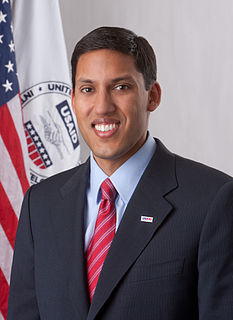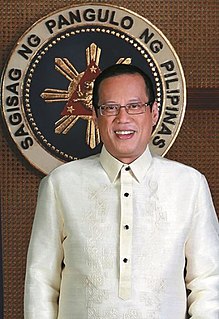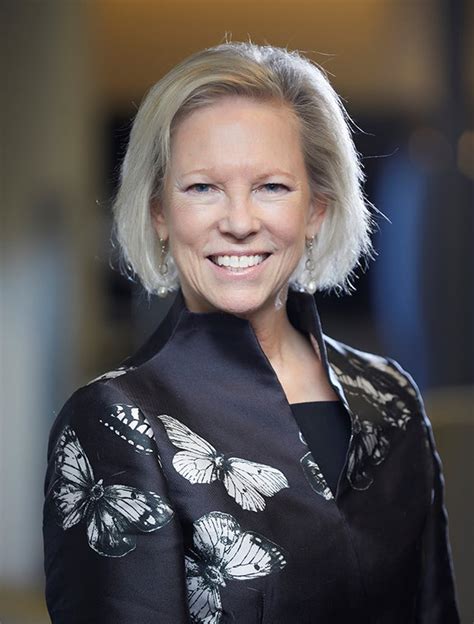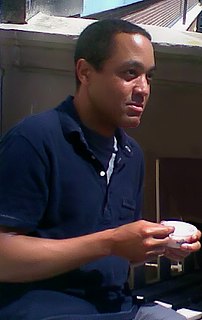A Quote by Jeffrey Sachs
It's quite possible to arrive in the year 2030 where people are no longer dying of poverty. We could actually help lead a global end-not a reduction, but an end-to absolute poverty...I have always found that a committed, powerful group of leaders, can make a huge difference.
Related Quotes
Conservatives say the government can't end poverty by force, but they believe it can use force to make people moral. Liberals say government can't make people be moral, but they believe it can end poverty. Neither group attempts to explain why government is so clumsy and destructive in one area but a paragon of efficiency and benevolence in the other.
Hunger, disease and poverty can lead to global instability and leave a vacuum for extremism to fill. So instead of just managing poverty, we must offer nations and people a pathway out of poverty. And as president I've made development a pillar of our foreign policy, alongside diplomacy and defense.
If we continue on the trend we’re on, we can reduce extreme poverty by more than 60 percent-lifting more than 700 million people out of dollar-and-a-quarter a day poverty and back from the brink of hunger and malnutrition. But if we accelerate our progress from 3 percent annual reduction to over 6 percent and focus on key turnarounds in some difficult countries, we could get a 90 percent reduction. We could essentially eliminate dollar-and-a-quarter head count poverty.
You [Jill Stein] also believe in a full employment policy that was the majority Democratic Party policy in 1946. They actually passed a law to that effect. You want to end poverty and when people see how relatively easy it is to end poverty. And one way is to increase the minimum wage: catch up; it's been frozen for so many years.
Many people theorize poverty, but so many elements of poverty, individually, for most people who theorize about poverty would be really difficult to even comprehend the individual things. Just take homelessness. If you are homeless, what does it mean not to have a post box where people can contact you; what does it mean not knowing where you're going to sleep at the end of the day; what does it mean not having a place where you can store what little you might possess. So dealing with homelessness in itself is a huge thing for most people who are commentators [on] or benefactors to poverty.
Tomorrow is Now... If we act, 2015 can be a year for the history books. It can be the year that we put the world on the path to end extreme poverty; the year we place sustainability at the heart of our future; and the year that we agree that every person should be able to lead a life of dignity and opportunity.
Instead of concentrating on the war against poverty, global attention is focused on another kind of slaughter - on something that is intangible and yet being tackled by all the possible military means we can muster. And all the lofty declarations by world leaders about combatting poverty that were lauded by the General Assembly turned out to be damp squibs.
Unconditional war can no longer lead to unconditional victory. It can no longer serve to settle disputes. It can no longer concern the Great Powers alone. For a nuclear disaster, spread by wind and water and fear, could well engulf the great and the small, the rich and the poor, the committed and the uncommitted alike. Mankind must put an end to war--or war will put an end to mankind.
What will drive people if they don't have money or reward? The reward is the end of war, the end of poverty, most crime, and the end of begging for medical care. Everyone will be cared for and educated. There will be no taxation, and no advantage group. No technical elitism, or any other kind of elitism. If that isn't incentive enough, then I don't know what is.




































